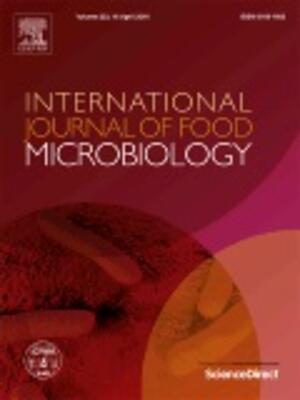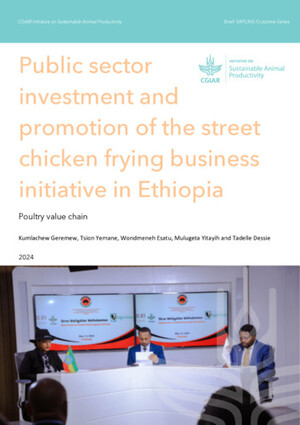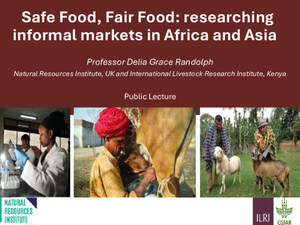
Constraints in the market chains for export of Sudanese sheep and sheep meat to the Middle East
Abstract
The objective of this publication is to analyse the causes of declining market share of Sudanese sheep and sheep meat in the Middle East market, especially in the Saudi market, by examining the constraints in the export supply chains. The following major factors are hypothesized to explain constraints limiting export to Saudi Arabia: there are specific export requirements for quality assurance and safety of Sudanese sheep and sheep meat, and there are rules and procedures in place in Sudan to test, certify and assure supply of quality and safe animals and meat to the Saudi importers. However, these are inadequate and inefficient to match the SPS standards of the importing country; multiple intermediaries are involved along the market chains resulting in several points of taxation along the value chains; this leads to increased transaction costs which lower competitiveness; domestic livestock markets are spatially integrated and therefore can respond quickly to varying import demand requirements. A market chain framework linking producers and importers through the intermediate markets and actors was used to analyse these factors. Both secondary and primary survey data were used to generate evidence on these factors.
Citation
El Dirani OH, Jabbar MA and Babiker IB. 2009. Constraints in the market chains for export of Sudanese sheep and sheep meat to the Middle East. ILRI Research Report 16. Nairobi, Kenya: ILRI.









